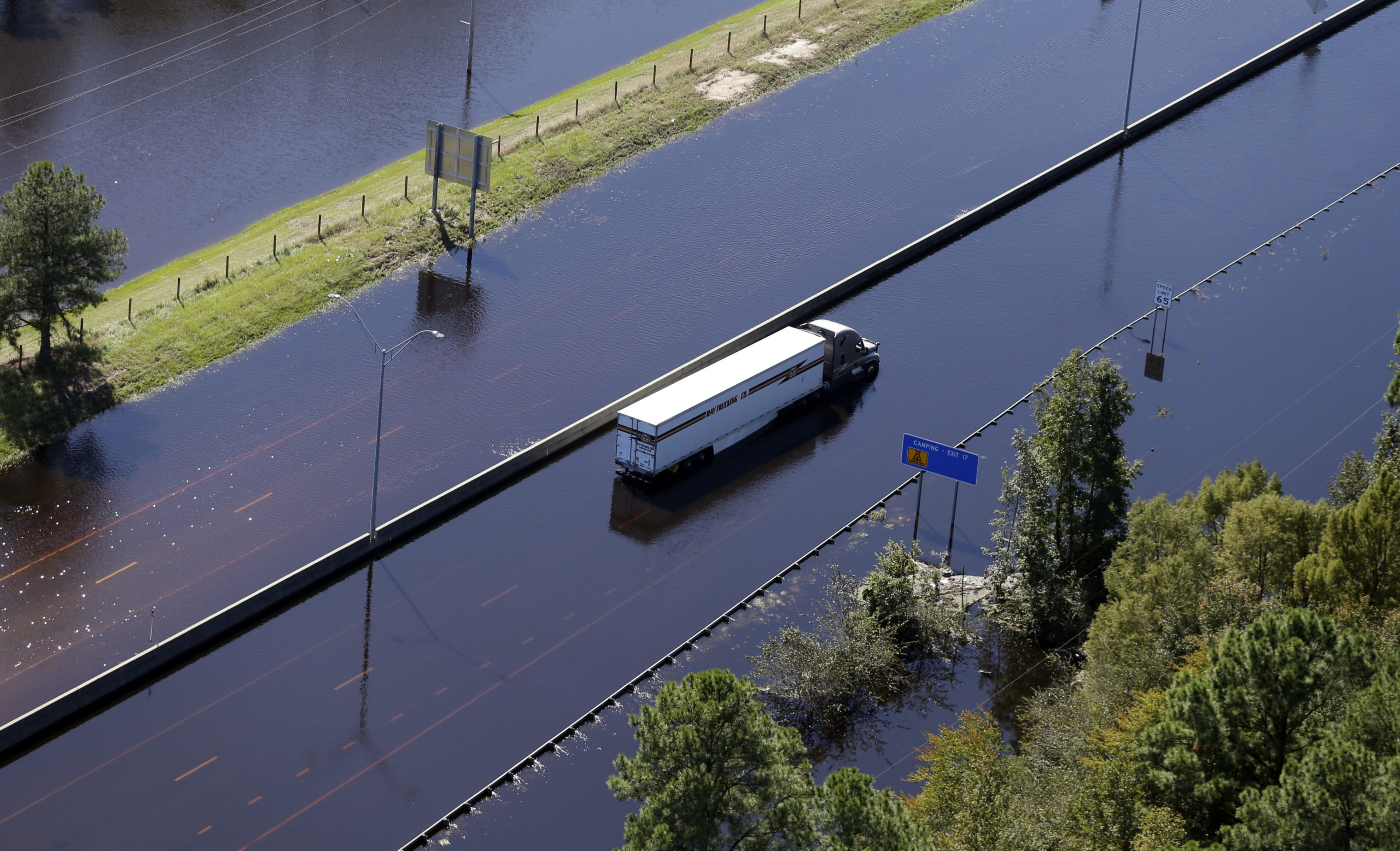How concrete roads contribute to a more climate resilient transport network? Lively discussions at EUPAVE online debate!
On Wednesday 25 January, EUPAVE and Ms. Isabel García Muñoz, MEP held an online EU Debate on “Climate resilience and long-term transport infrastructure”. It gathered representatives of the public and private sector and of the European Commission.
Mr. Christophe Nicodème, Director General of the European Union Road Federation (ERF) opened and moderated the event. After a quick introduction, the floor was given to Ms. García Muñoz, MEP and Mr. Stéphane Nicoud, President of EUPAVE for a few words of welcome.
Views from MEP Isabel García Muñoz
Ms. García Muñoz, MEP, thanked the participants and EUPAVE for organising the event and for giving her the privilege of participating in such an important debate.
She also thanked Mr. Claus Kondrup, from DG CLIMA, for his availability to discuss one of the main challenges the EU is facing and for presenting the climate proofing infrastructure guidance.
Finally, Ms. Garcia, thanked Mr. Jim Mack, from Cemex, USA and Mr. Christophe Nicodème, from European Road Federation, for moderating the event.
Ms. Garcia came back on the importance of the fight against climate change. The EU is taking actions, from the European Green Deal to the recent proposal Fit for 55 Package. The goal being to make Europe climate-neutral by 2050, in line with the Paris Agreement.
The EU should remain open-minded to the various technical solutions and find the ones that are both viable and beneficial for the safety of people and the environment, capable of adapting to new challenges.
Further information:
– The EU established the European Programme for Critical Infrastructure Protection (EPCIP) in 2006 and adopted the European Critical Infrastructure (ECI) Directive in 2008, which applies to the energy and transport sectors.
– On 16 December 2020, the Commission published its proposal for a directive on the resilience of critical entities. The proposed Critical Entities Resilience (CER) directive expands the scope of the 2008 directive to cover ten sectors.
Welcome from Mr. Nicoud
Mr. Nicoud started by thanking MEP Garcia for hosting EUPAVE’s annual event in such special circumstances. He also thanked the speakers, especially Mr. Kondrup, whose contributions are highly appreciated in a moment where climate proofing infrastructure, adaptation and climate mainstreaming is affecting the whole European industry.
Mr. Nicoud briefly introduced EUPAVE and its missions and activities – especially related to climate change. Indeed, global warming consequences will have an impact on transport infrastructures and roads. Entities providing essential services must be able to resist to the increase of temperature and precipitation. Investing in resilient infrastructure is essential. The societal benefits of a robust and resilient road network are numerous: for people’s lives, as well as for economies.
In this regard, the European Commission adopted its new EU strategy on adaptation to climate change on 24 February 2021.The new strategy sets out how the European Union can adapt to the unavoidable impacts of climate change and become climate resilient by 2050. It has four principal objectives: to make adaptation smarter, swifter and more systemic, and to step up international action on adaptation to climate change.
Mr. Nicoud also reminded the numerous benefits of concrete . Amongst other advantages, concrete roads are less susceptible to the swelling or shrinking of the subgrade compared to asphalt pavements and show better resilience to climate change and extreme meteorological events.
Concerning this topic, EUPAVE has published a factsheet on “Climate Resilience” that will be shared after the event.
Mr. Nicoud concluded saying that “EUPAVE is ready and would like to fully participate in the debate for a better future for all and a better resilient transport infrastructure and roads”.
Interventions from speakers
Mr. Luc Rens, Managing Director of EUPAVE, talked about “Climate resilience and long-term vision of road infrastructure”. Mr. Rens started by presenting EUPAVE’s latest fact sheet on climate resilience and gave a definition of what resilience is. He came back on the consequences of climate change and the importance of a long-term vision in transport investment policy. You can find his presentation here.
Mr. Jim Mack, Director, P.E., Director Infrastructure – Market Development from Cemex USA discussed pavement resilience based upon the many experiences with floodings in the U.S. He presented technical backgrounds, research results and gave valuable recommendations. You can find his presentation here.
Finally, Mr. Claus Kondrup, Senior Expert, Unit A3, Adaptation Unit, DG CLIMA, European Commission presented “The European Commission’s technical guidance on the climate proofing infrastructure 2021-2027 “. You can find his presentation here.
Find all information here:





